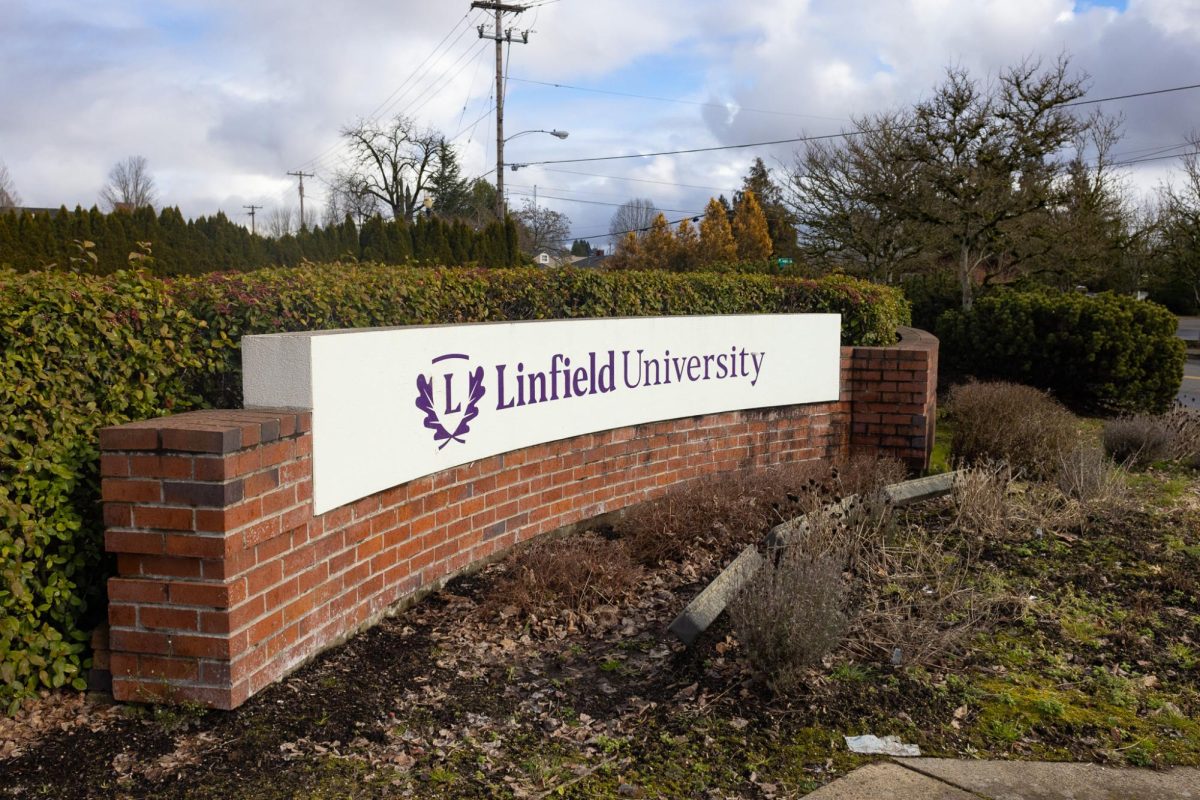In late February, the President’s office sent out a school-wide email announcing the approval of the tuition increase for the 2024-25 academic year. This increase was approved by the University Board of Trustees. Diego Arrendondo, Junior & VP of Finance for ASLU, sat in on this meeting. One of Arredondo’s roles is to sit on the University’s Board of Trustees and the University’s Budget Committee, this means that as a student, he has an ear in many of the institution’s discussions and decisions. He states that the main reasoning behind tuition increase is inflation, and that the Consumer Price Index (CPI) is the source of calculating how inflation fluctuates and what this means for the University. So, what is Inflation and what is CPI? Inflation is the measurement of how much services and goods have increased during a period, this is usually measured over an annual period. The Consumer Price Index referred to in the school-wide email, is a measurement of change over time of prices. This data is collected by the Bureau of Labor Statistics and is the base of many industries, companies, and institution’s decisions.
Tuition increase has created lots of chatter around campus, and the question has arisen of how these changes will affect the students of Linfield University.
During the Board of Trustees meeting, the decision was made to increase tuition by 2.7% for the 2024-25 academic year. Comparatively, the Consumer Price index sits at 3.1% which makes Linfield actively below this threshold. What does this 2.7% increase mean for the student body? The total Tuition is now $65,420 which is broken down by the following amounts:
Undergraduate Tuition: $49,980
Standard Double Room: $8,040
Meal Plan (Unlimited): $6,600
Student fees: $800
Total direct costs: $65,420
The student body has expressed concerns about how the University is considering students in the decision. Arredondo stated, “Linfield understands that anytime they raise tuition, it is going to be extremely unpopular with students… They try to balance decisions with what the University needs, and what they think students will be okay with.” In addition, Arredondo mentions that if Linfield had matched with current inflation, the tuition increase would have been significantly more; despite this, the Board of Trustees is attempting to balance the financial practicality of students.
Comparing the Linfield Tuition increase to other universities, Linfield has kept their tuition increase lower than their peer institutions. However, this does not mean the change is easy on students by any means. Student voices are important when it comes to university changes & decisions, while this decision has been made final, assistance is offered through the Financial Aid office, and questions can be answered through university leaders.








